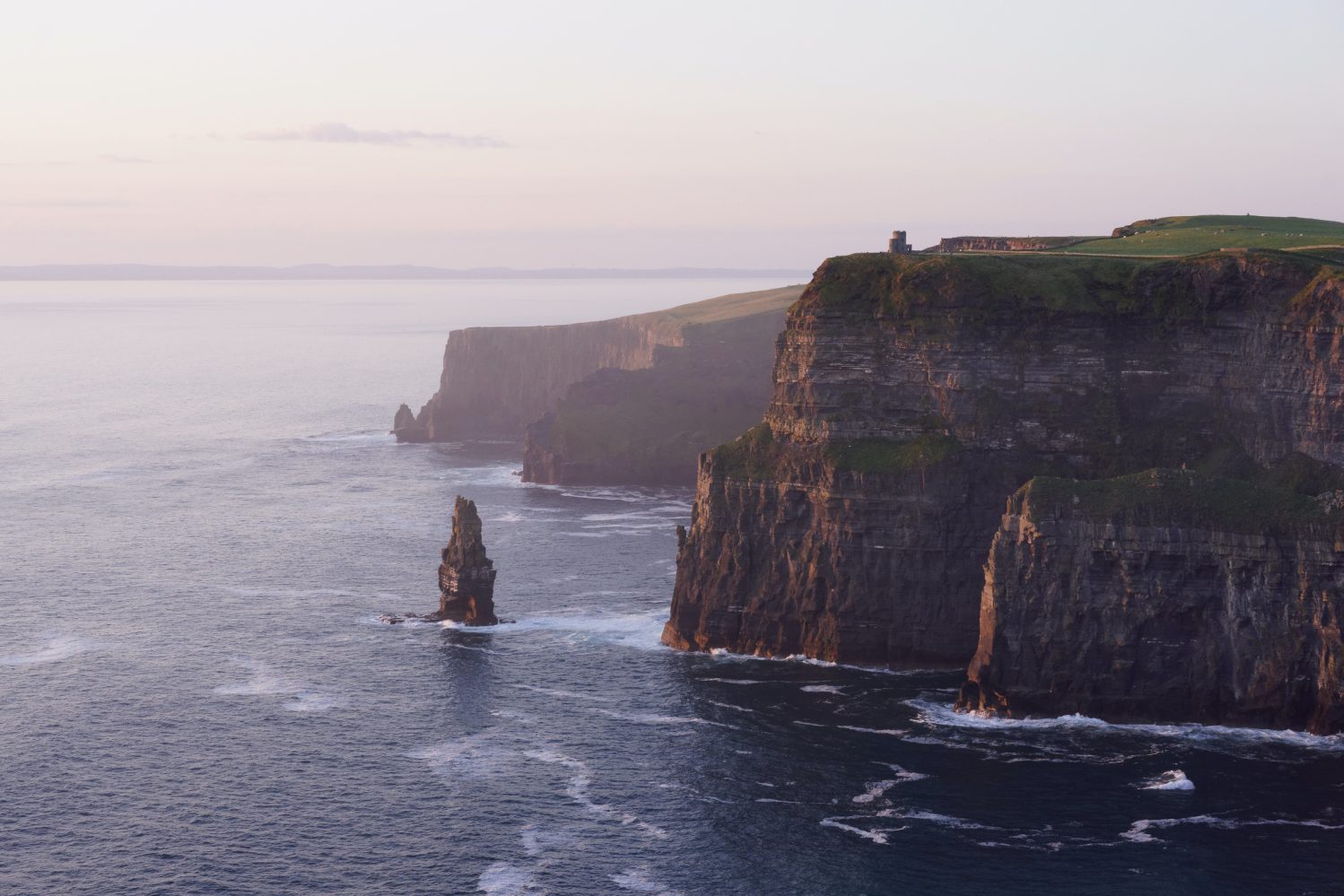
Drug traffickers accustomed to exploiting Ireland’s enormous coastline and limited naval resources to police it are set to soon find their work complicated by the deployment of drones equipped with artificial intelligence (AI) peering down from on high.
Development and deployment of AI-packing drones to battle Ireland’s drug trafficking scourge are part of the Guard Project the government adopted last year. The initiative is looking to companies developing new and disruptive technologies to resolve problems the nation faces. As part of that effort bringing business and university researchers together, the program will test a specially produced UAV to scan coastal waters from the sky to identify transfers of material between boats, or other atypical activity smugglers often engage in.
To enable that, Ireland’s drone sector and related tech companies are readying tailor-made UAVs whose AI will permit automated deployment and machine interpretation of potential drug runner activity below. The craft will also be designed to withstand high winds and frequently rainy weather at sea, fly beyond visual line of sight missions of up to 800 km, and be able to take off and land from either ground positions or ships.
Read: Ireland prosecutes, convicts its first rule-breaking drone pilot
The challenge the country is trying to overcome is as formidable as it is destructive to countless lives.
Ireland’s over 3,100 km coastline is 10 times the size of its land mass, and far too large for its limited naval policing capacities to keep continual watch of. Indeed, the Guard Project estimates less than 10% of attempts to smuggle narcotics into Ireland are thwarted, making the nation a preferred gateway of traffickers into the European Union.
Many of those drugs never leave the island, which in large part explains why Ireland’s per capita drug fatalities are three times the level elsewhere in the EU – and why political leaders are turning to new methods to battle the problem.
Use of AI-equipped drones to fight drug traffickers is one of 29 projects within the “Call of the Disruptive Technologies Innovation Fund” program adopted in Ireland last year. It is allotting a total of $100 million to finance tech startups providing solutions to various social problems.
Read: Irish DJI Mini 2 pilot discovers three ancient logboats
In addition to UAV developer A-techSYN creating a bespoke drone to operate extended missions in inclement conditions, 3D printing company WAZP is producing components enabling operation and transmission of data the onboard AI collects.
Those include waveguides, lenses, antennas, and filters WAZP says “will create a new Gigabit mm wave mesh network, which, combined with existing satellite and cellular links will result in a novel wireless communication; that will allow the drones to transmit high resolution images and video to decision makers.”
What are the odds of AI-enhanced drones allowing Ireland to effectively crack down on drug runners used to operating nearly unimpeded? If the US Coast Guard is any example, fairly high. It began using autonomous UAVs in monitoring and busting sea-borne narcotics traffickers in 2013, netting nearly 600 kg of cocaine in its first deployment of the craft alone.
Photo: Vincent Guth/Unsplash
FTC: We use income earning auto affiliate links. More.



Comments